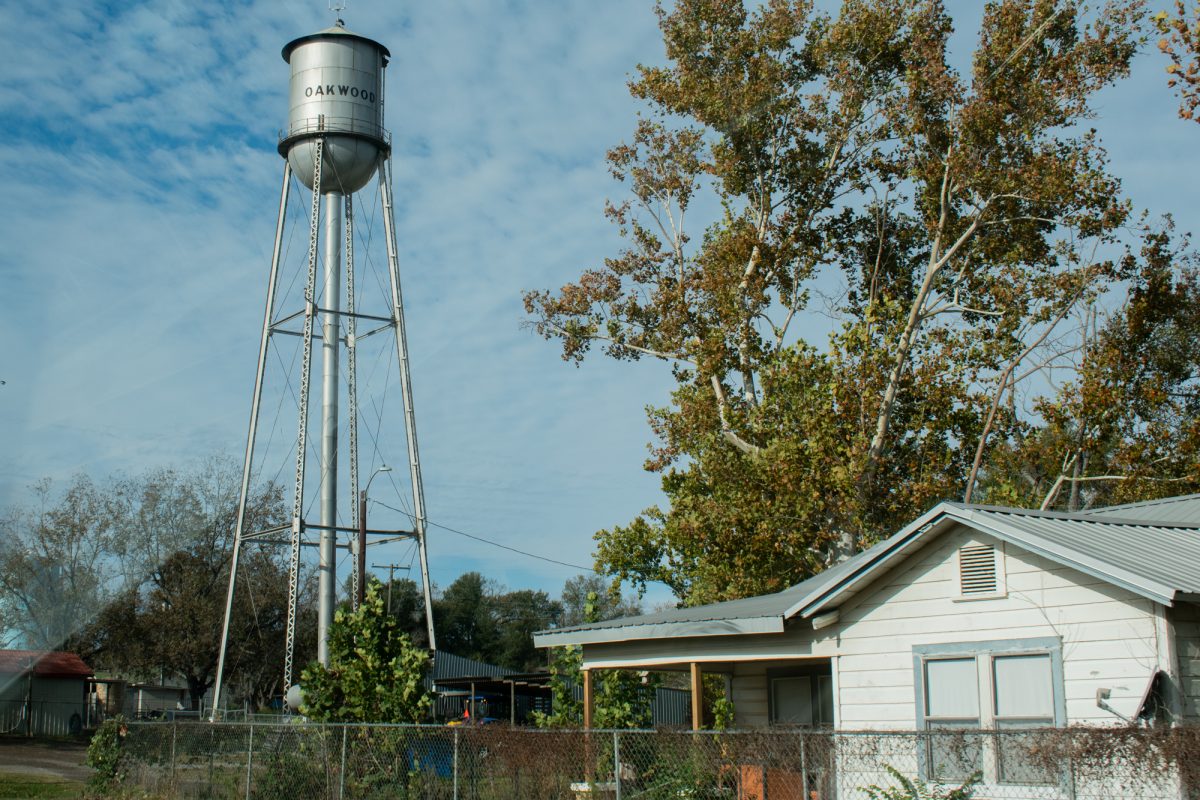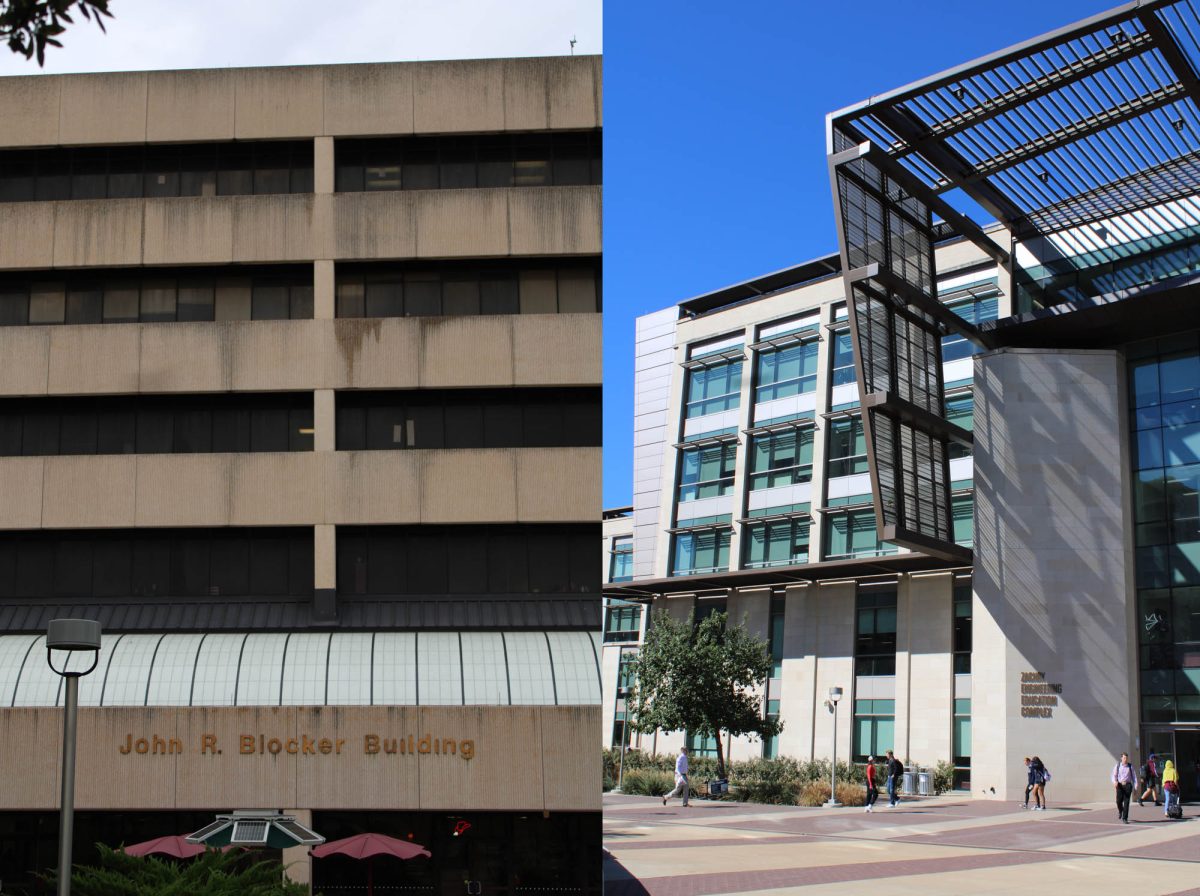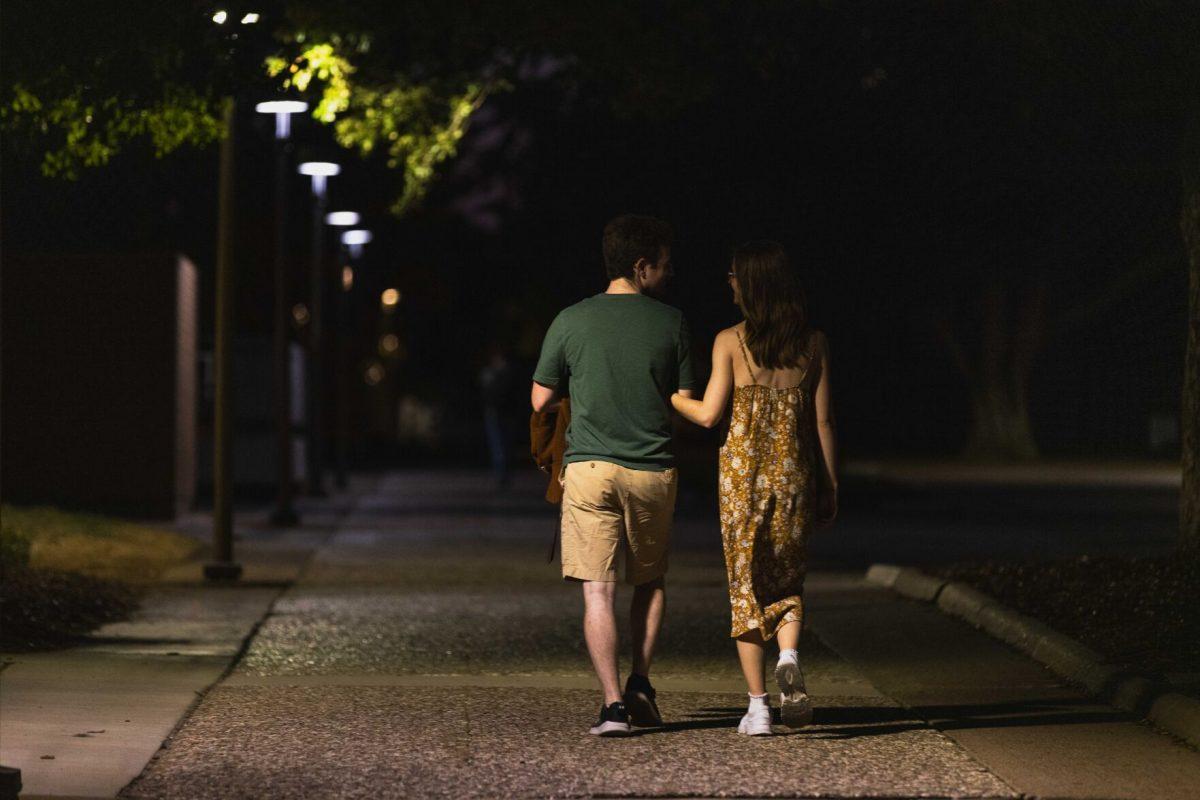Today, more than 50 barrel bombs will be dropped on innocent citizens across Syria.
Dudar Sahin, director of Akut Institute, describes each bomb being like a 7.6 magnitude earthquake. These barrel bombs are not only filled with explosives that will wipe out entire neighborhoods, but are filled with scrap metal, chlorine gas and always come in pairs, the second of which is thrown on the responders who try to aid the injured. Attacks usually occur in the early mornings to kill while the innocent sleep. Hospitals have been shut down, destroyed, and doctors are the number one target, having to either flee the country or work underground risking their lives for others. The fact that thousands of people are boarding boats that are guaranteed to sink into the ocean and walking on foot for hundreds of miles only shows that being in that situation is safer than staying home. And yet, they are met at borders with tear gas, security and are treated worse than animals.
They don’t want to leave their homes. For the past four years, Syrian activists like myself have been asking for a no-fly zone to gain some sort of safety for civilians within Syria. This is the simplest response, requiring minimal intervention from other countries, with the potential to save thousands of lives. If anyone wanted to do even less than that, aiding Syrians in survival would be enough. While the world questions how to help the 4 million refugees seeking asylum, the 7 million internally displaced Syrians continue to suffer in silence. Water, gas, electricity and food supply have been cut off to cities across Syria. The number of people dying every day under the crossfire between the Syrian government and groups who have taken advantage of the chaos is met or exceeded by the number dying from hunger, thirst or simple diseases due to the conditions they live in.
This is why people are leaving. Syrians are not represented by their government, nor the militant groups who have emerged, like ISIS. Innocent people are being killed by all sides in the fight. Men are forced to fight or face death. Women are kidnapped, tortured and raped. Children are buried under collapsed buildings, orphaned and left in the streets to search for breadcrumbs in the rubble. My family still resides in Damascus, unsure about what the future holds and what each day will bring. They live their lives with the sounds of bombings and constant news of death and horror around them.
But where can they go? The refugee camps in neighboring countries such as Jordan and Lebanon are struggles on their own. With minimal access to food, freezing winters, floods that ruin everything within the tents, the camps are absolutely unsuitable for not only refugees, but also any long-term survival. It is absurd and impractical to assume that the millions of people leaving Syria will live in refugee camps for the rest of their lives.
The “Syria Problem” is not Syrians trying to come to other countries — it is the massacre and bloodbath that is happening back home. Please place yourself in their shoes. Seeing pain and suffering should cause a natural reaction in all of us: the urge to do something and help. What is going on overseas is not hidden. We just have to make the decision to stop being blind to it and open our hearts to help.
We cannot go down in history as the generation that just let all of this happen. We don’t need to be policy makers or heads of government to aid in Syria. Just doing simple things like keeping everyone in your prayers, sharing news articles about what is going on, or volunteering on a free weekend to raise awareness. The more we show that Syria is an issue we care about, the more others are affected to do the same and take action as well. Awareness causes a cascade effect, which will eventually lead to large change. For one person can have five friends, and those five friends can also influence five more people, until everyone hears the Syrian people’s cries for help. One person at a time, we can change the world.
Sarah Hemzawi is a biomedical sciences master’s student.








